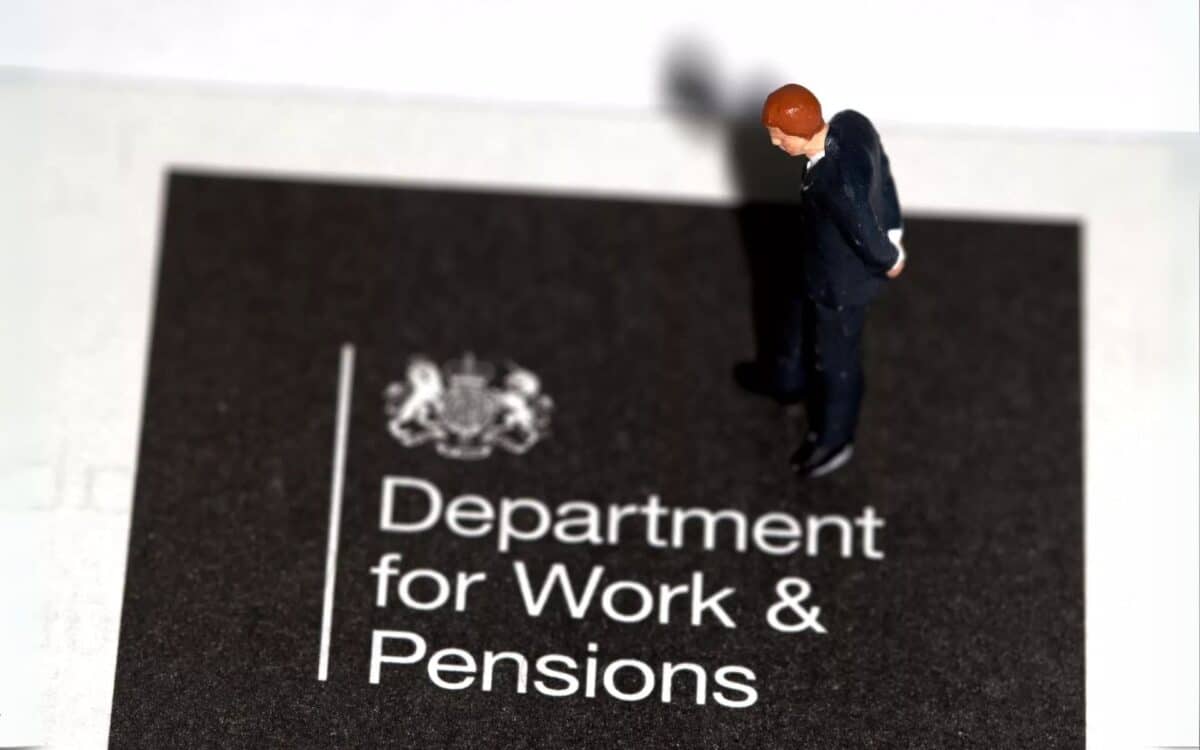The Department for Work and Pensions (DWP) has issued updates on the management of universal credit payments for individuals facing debts. The adjustments aim to address situations where claimants are unable to settle outstanding bills or fines.
These changes could significantly influence how benefits are allocated, creating both challenges and opportunities for those relying on financial assistance.
With new rules on deductions and repayment options, understanding these updates is essential for millions of claimants across the UK.
What Leads to Universal Credit Deductions?
Universal credit deductions are applied when claimants face unresolved financial obligations, ensuring creditors can recover owed amounts while maintaining basic support for individuals.
These measures are implemented under strict guidelines to balance fairness and necessity.
Debts Covered by the Policy
Universal credit payments can be reduced in cases where claimants have unresolved debts or arrears. These deductions, referred to as third-party deductions, occur under specific circumstances where recovery of funds is deemed urgent or necessary.
Common debts include :
- Rent arrears
- Council Tax
- Court fines
- Energy and water bills
A maximum of three debts can be deducted at any time.
This system provides creditors with a way to recover money while ensuring claimants retain sufficient funds for essential living expenses.
Rates of Deductions
The percentage deducted from universal credit depends on the type of debt:
- Rent-related arrears may result in deductions ranging between 10% and 20% of the claimant’s benefit payment.
- For other debts, such as Council Tax, 5% of the standard allowance is typically applied.
- Claimants of other benefits, such as income-based Jobseeker’s Allowance (JSA) or Employment and Support Allowance (ESA), face fixed weekly reductions of £4.55 per debt.
These rates are designed to strike a balance between debt recovery and financial sustainability for individuals.
Upcoming Adjustments to Deduction Policies
The upcoming changes to universal credit deduction rates are designed to ease the financial burden on claimants while maintaining a structured approach to debt recovery. These adjustments reflect the government’s efforts to improve support for vulnerable individuals.
Lower Maximum Deduction Rates
Starting next year, the DWP plans to reduce the maximum deduction rate for universal credit from 25% to 15% of the standard allowance. This change is expected to provide claimants with more disposable income while maintaining a framework for debt repayments.
Key Figures for Maximum Deductions Include:
- Single under 25: Reduced from £62.34 to £47.55
- Single 25 or over: Reduced from £78.69 to £60.02
- Joint claimants both under 25: Reduced from £97.85 to £74.63
- Joint claimants, one or both 25 or over: Reduced from £123.52 to £94.22
These adjustments are part of the government’s strategy to alleviate financial pressures on benefit recipients.
Managing Fuel Debts
The DWP continues to offer the Fuel Direct scheme, enabling claimants to pay off energy debts through direct deductions. This system is voluntary and requires claimants to give their consent to the supplier. Once set up, payments are deducted to cover:
- Ongoing energy consumption
- Outstanding arrears from previous bills
Claimants can cancel or modify these arrangements at any time by contacting their energy supplier or benefits office.
Steps to Contest Deductions
The process for disputing deductions offers claimants a formal avenue to address potential errors or disagreements. It ensures that decisions impacting financial support are reviewed thoroughly and fairly.
Mandatory Reconsideration Process
Claimants who believe deductions are incorrect or unfair can request a mandatory reconsideration. This appeal must be filed within one month of the deduction notice and must outline valid reasons for contesting the decision. Common grounds for reconsideration include:
- Errors in the original decision
- Missing or overlooked evidence
- Disagreement with the rationale for deductions
If the reconsideration does not yield a favorable outcome, some cases may proceed to an appeal.
Advice for Claimants
To navigate these changes effectively, the DWP recommends claimants:
- Regularly check their universal credit journal for updates
- Communicate directly with their creditors to negotiate alternative repayment terms
- Seek guidance from benefits advisors if deductions cause financial strain
These steps can help claimants manage their finances while addressing outstanding obligations.
The DWP’s updates to universal credit deductions reflect a careful approach to balancing debt recovery with the financial stability of claimants.
By reducing maximum deduction rates and offering flexible repayment options, the policy changes aim to provide a more sustainable solution for those facing economic challenges.









